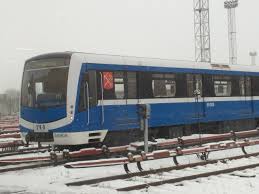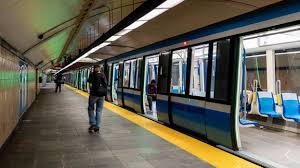Recent Developments in Québec Metro Transit Systems

Introduction
Metro transit systems play a crucial role in urban transportation, facilitating the movement of millions of daily commuters in cities like Montreal and Quebec City. Recently, various developments have been announced regarding the expansion and modernization of metro services, significantly impacting the way residents navigate their cities.
Current Developments
In Montreal, the Société de transport de Montréal (STM) has unveiled its ambitious plans to improve the city’s metro system. These plans include the introduction of new trains, which promise to enhance both efficiency and comfort for passengers. The STM has allocated over $1 billion for the purchase of 153 new metro cars that are expected to be operational by 2025. This upgrade aligns with the city’s goal of increasing ridership and reducing carbon emissions.
Moreover, the STM is introducing innovations in technology to facilitate smoother operations. A pilot project involving advanced signaling systems has commenced, aimed at minimizing delays and optimizing train schedules. Alongside technological upgrades, the STM has also committed to enhancing accessibility at various metro stations, ensuring that all users, especially those with disabilities, can navigate the system with ease.
Environmental Impacts
The importance of the metro system extends beyond mere transportation; it significantly contributes to reducing the city’s carbon footprint. The recent emphasis on eco-friendly practices within the metro systems is aimed at promoting public transportation as a viable alternative to personal vehicles, thereby addressing issues related to traffic congestion and air pollution.
Conclusion
As cities like Montreal and Quebec City continue to evolve, the investments and innovations in metro transit systems are expected to have long-lasting effects on urban mobility. These developments are not only set to improve the daily commute but also play an integral role in tackling environmental challenges. For residents and commuters, these changes signal a promising shift towards more efficient, accessible, and sustainable urban transportation in the years to come.








